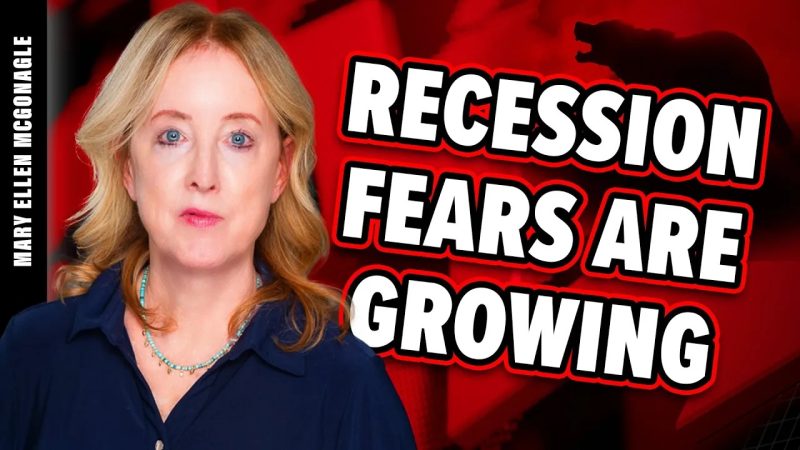Amidst Recession Fears, Markets Nosedive: Understanding the Impact and Uncertainties
The recent nosedive in global markets has sent shockwaves throughout the financial world, leaving investors and analysts scrambling to make sense of the sudden downturn. With recession fears looming large, the volatile market conditions have sparked a wave of uncertainty and anxiety among stakeholders. The reasons behind this drastic market correction are manifold and complex, rooted in a combination of both global and domestic economic factors.
One of the primary drivers behind the market turbulence is the escalating trade tensions between the world’s two largest economies, the United States and China. The ongoing trade war has created a ripple effect across global markets, leading to increased volatility and uncertainty. The imposition of tariffs, retaliatory measures, and the breakdown of negotiations have all contributed to the heightened sense of unease among investors.
In addition to trade tensions, concerns about slowing economic growth have also played a significant role in the market downturn. Several major economies, including the Eurozone and China, have shown signs of weakening growth, prompting fears of an impending global recession. The inversion of the yield curve, a reliable indicator of economic downturns, has further fuelled anxieties about the future direction of the global economy.
Central banks around the world have responded to the deteriorating economic conditions by adopting accommodative monetary policies. The US Federal Reserve, for instance, has signalled its willingness to cut interest rates in order to stimulate economic growth and mitigate the impact of the trade war. However, the effectiveness of monetary policy in the current environment remains uncertain, given the complex interplay of factors at play.
The market turbulence has also highlighted the role of geopolitics in shaping economic outcomes. Political instability, regional conflicts, and policy uncertainties have all contributed to the prevailing sense of volatility and risk. The recent escalation of tensions in the Middle East, for example, has added another layer of uncertainty to an already fragile global economic environment.
As investors grapple with the uncertainties surrounding the markets, the importance of diversification and risk management strategies cannot be overstated. In times of heightened volatility, a well-balanced and diversified investment portfolio can help mitigate risks and preserve capital. Furthermore, staying informed about market developments and maintaining a long-term perspective are crucial for navigating the ups and downs of the financial markets.
In conclusion, the recent nosedive in global markets reflects a confluence of factors that have created a perfect storm of uncertainty and volatility. As recession fears continue to loom large, investors and analysts alike must remain vigilant and adaptive in their approach to navigating the complex dynamics of the current economic landscape. By staying informed, diversifying portfolios, and exercising prudence, market participants can weather the storm and emerge stronger on the other side.

